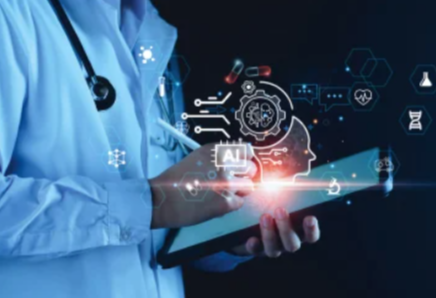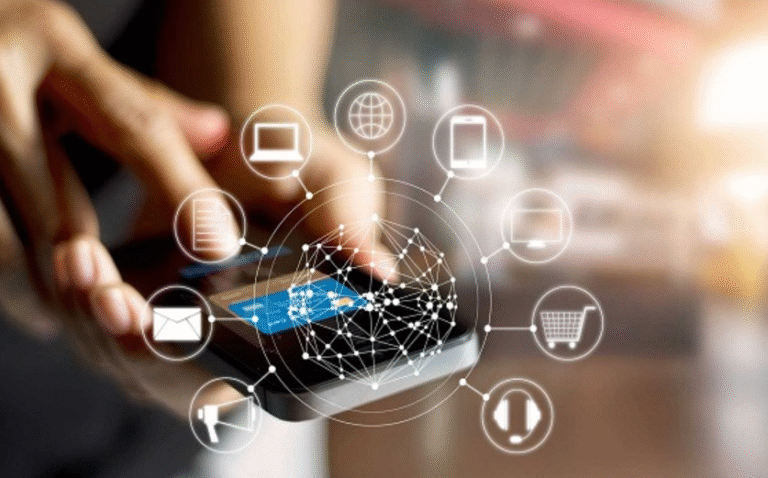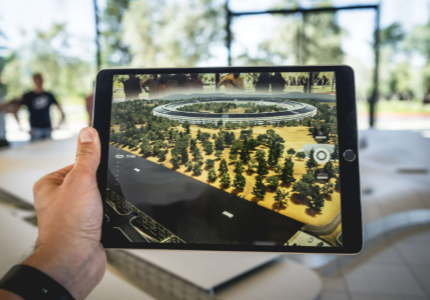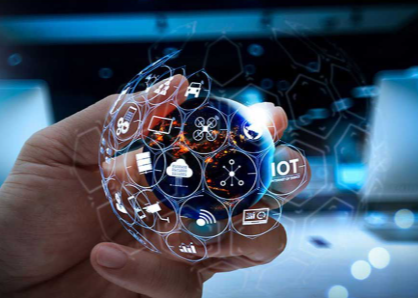How Technology Is Shaping the Future of Healthcare
The integration of technology into healthcare is transforming patient experiences and clinical outcomes. Telemedicine offers unprecedented access, bridging geographical gaps. Meanwhile, wearable devices provide continuous health monitoring, fostering proactive health management. Artificial intelligence enhances diagnostic precision, streamlining decision-making processes. However, as electronic health records optimize care coordination, concerns around privacy and data management persist. This intersection of innovation and challenge sets the stage for a profound evolution in healthcare practices. What implications will this shift hold for both patients and providers?
Enhancing Patient Access Through Telemedicine
As healthcare systems increasingly integrate technology, telemedicine has emerged as a pivotal tool for enhancing patient access to medical services.
Virtual consultations facilitate immediate medical advice, reducing barriers such as distance and time. Additionally, remote monitoring empowers patients to manage their health proactively, enabling continuous communication with healthcare providers.
This innovative approach fosters a more inclusive healthcare landscape, promoting individual autonomy and informed decision-making.
Read more: The Power of Cloud Computing: Benefits for Businesses
The Role of Wearable Technology in Health Monitoring
Wearable technology has revolutionized health monitoring by providing real-time data that empowers both patients and healthcare providers.
Through advanced fitness tracking, these devices collect and analyze health data, enabling proactive health management.
This unprecedented access to personal health metrics cultivates a sense of autonomy for individuals, fostering informed decisions regarding lifestyle choices and enhancing overall well-being in a rapidly evolving healthcare landscape.
Leveraging Artificial Intelligence for Improved Diagnostics
Artificial intelligence (AI) has emerged as a transformative force in the realm of medical diagnostics, enhancing accuracy and efficiency in identifying diseases.
Through machine learning algorithms and predictive analytics, AI systems can analyze vast datasets, uncovering patterns that elude human practitioners.
This technological advancement not only streamlines the diagnostic process but also empowers healthcare providers to make informed decisions, ultimately improving patient outcomes.
The Impact of Electronic Health Records on Care Coordination
While the transition to electronic health records (EHRs) has been widely embraced within the healthcare sector, its true potential in enhancing care coordination is becoming increasingly evident.
EHRs facilitate data interoperability, allowing seamless information sharing among providers, which improves patient outcomes.
However, maintaining patient privacy remains a critical concern, necessitating robust security measures to protect sensitive health information amidst this technological advancement.
Conclusion
As technology continues to weave its intricate tapestry within healthcare, the landscape transforms into a realm where accessibility and efficiency flourish. Like the mythical phoenix rising from the ashes, telemedicine and wearable devices empower patients, while artificial intelligence sharpens diagnostic precision. Electronic health records, akin to the threads binding a complex fabric, enhance care coordination. Thus, the future of healthcare is not merely a vision; it is a burgeoning reality, promising a patient-centered approach for all.






